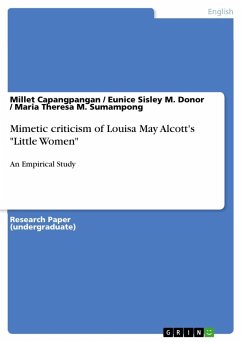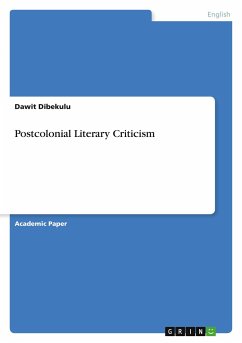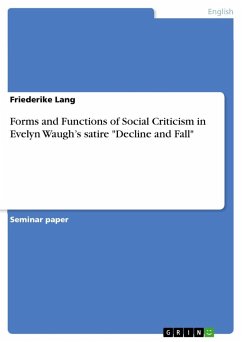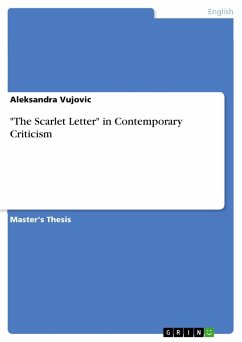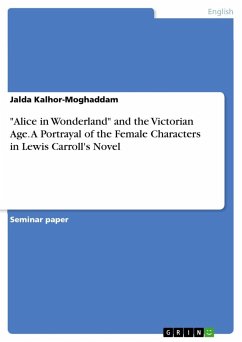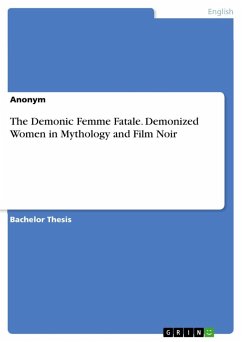Research Paper (undergraduate) from the year 2022 in the subject English Language and Literature Studies - Other, , language: English, abstract: This study gauges the mimetic criticism of the Louisa May Alcott¿s ¿Little Women¿. An empirical study as basis for proposing alternative solution for fundamental problems. Mimetic theory and seven literary approaches were used to present the findings of the study. The findings of the study revealed that there is a relevant imitation of how society treat women from the past to the present times. Moreover, the use of the mimetic theory highlights the necessity of women awareness and expression. Thus, through the mimetic theory components which are the mimetic desires, scapegoat mechanism and revelations it was also found out that Alcott¿s ¿Little Women¿ is an effective tool in having an in-depth analysis and understanding of the women¿s humanitarian rights. This premise is supported by the Mimetic theory of learning which states that learning by imitation, constitutes one of the most important forms of learning; Mimetic learning does not, however, just denote mere imitation or copying: Rather, it is a process by which the act of relating to other persons and worlds in a mimetic way leads to an enhancement of one¿s own world view, action, and behavior. Mimetic learning is productive; it is related to the body, and it establishes a connection between the individual and the world as well as other persons; it creates practical knowledge, which is what makes it constitutive of social, artistic, and practical action. Mimetic learning is cultural learning, and as such it is crucial to teaching and education. Recent research on primates has demonstrated that forms of mimetic learning that are observed in human beings are particularly prone to learn mimetically most especially in cultural studies. Even Aristotle already viewed the ability to learn mimetically, as well as human delight in mimetic processes, as a specifically human gift. Moreover, mimetic actions are by no means only reproductions faithfully copying an example. Rather, in social practices which are performed mimetically, something entirely new is created thus it is a mere adaptation to pre-existing conditions, mimetic processes simultaneously create similarity to and difference from the situations or person they refer to. By ¿making themselves similar¿ to previously experienced situations and culturally formed worlds, subjects acquire the ability to find their way around a certain social field.
Hinweis: Dieser Artikel kann nur an eine deutsche Lieferadresse ausgeliefert werden.
Hinweis: Dieser Artikel kann nur an eine deutsche Lieferadresse ausgeliefert werden.

